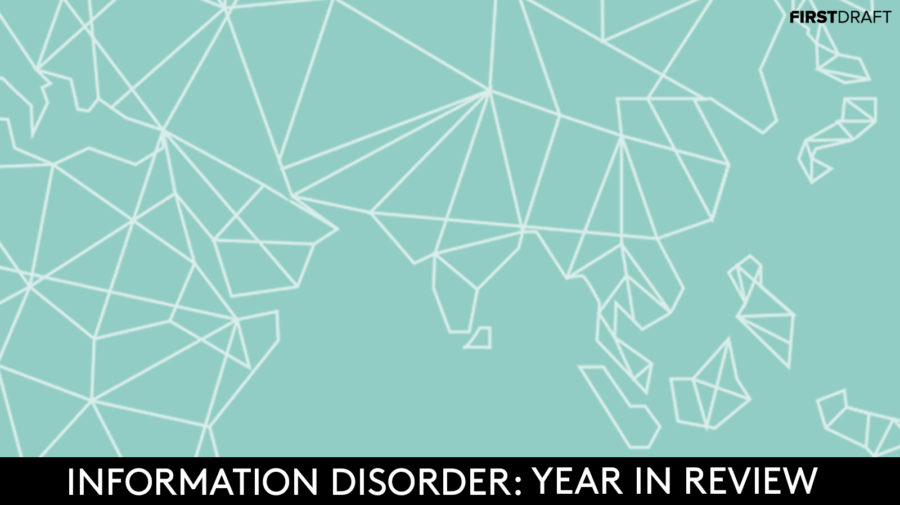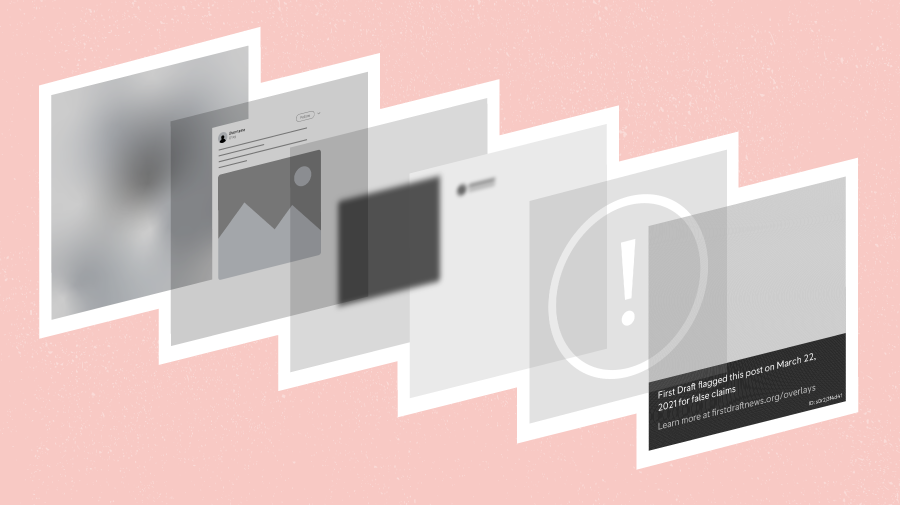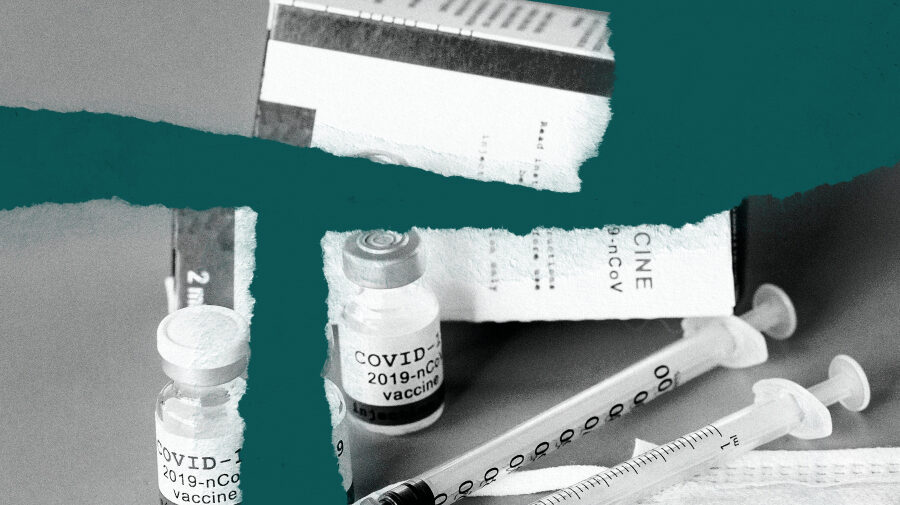Mis- and disinformation moved up the news agenda over the last 12 months as researchers, journalists and the public faced unprecedented problems navigating the online news ecosystem. Information Disorder: Year in Review hears from experts around the world on what to expect and how to be more resilient in 2020.
Karen Rebelo is deputy editor at BOOM, India’s online platform for fact-driven journalism and fact checking. She is a specialist in disinformation, fact checking and open-source intelligence techniques (OSINT).
First Draft: What was the biggest development for you in terms of disinformation and media manipulation this year?
Karen Rebelo: Undoubtedly it would have to be the Indian general elections this year that were held during April and May and the events in the lead-up to it. India was on the brink of a nuclear war with Pakistan by mid February. And in August the government withdrew the special status of Kashmir.
It was a perfect storm for disinformation, both from within India and across the border. These events have acted like an emotionally-charged accelerant to misinformation in India. Indian fact checkers were overwhelmed by the volume and variety of disinformation we saw in 2019.
What is the biggest threat journalists in your part of the world are facing in 2020 in terms of information disorder?
It’s hard to be a journalist in any part of the world and even harder if you are speaking truth to power. The challenges Indian journalists face are not unique to India nor are they new.
The tools of our trade have been democratised and we have to speak above a lot of noise to get our message across. When the ownership of the media is largely corporatised how do you then serve the people? When the country has taken a majoritarian and authoritarian turn how do you stay the course, shrug off the cynicism and keep asking uncomfortable questions?
Good morning, India. What are you going to throw at my way today? pic.twitter.com/x6WkaKVnBD
— Karen Rebelo (@Karen_Rebelo) December 18, 2019
What tools, websites or platforms must journalists know about going into 2020?
Regardless of what beat you cover as a journalist, you cannot shut your eyes and ignore the disinformation space. Every journalist today is a tech journalist because the actors in their space believe the information floating in this parallel world of social media. So I always recommend every journalist should at least know how to do a reverse image search. You can build your skills from there on up.
Seeing a barrage of debunked fake news make a comeback today. I don’t think it’s a coincidence. This is a well know disinfo tactic – to pump the system with nonsense. Keep reporters distracted, so they cant chase the real story.
— Karen Rebelo (@Karen_Rebelo) December 20, 2019
What was the biggest story of the year when it comes to these issues of technology and society?
No one particular story comes to mind. But in 2019 we have seen our fair share of big stories — political events that set off a parallel disinformation narrative.
When it comes to disinformation in your country, what do you wish more people knew?
That education and awareness is not a barrier to overcome disinformation. You have to actively challenge information that you subconsciously agree with. We see some of the most educated people — doctors, judges etc — share misinformation because it reinforces their world view.
If you had access to any form of platform data, what would you want to know?
WhatsApp. No question about it. We have been keenly following some of the research projects on WhatsApp and specifically with relation to the spread of misinformation and disinformation in India. We are not a research organisation so we need more of these experts to tell us what we are seeing in terms of trends and behaviours. Hopefully we can work together and come up with effective solutions to counter disinformation.
Thank you @firstdraftnews and @DartCenter . Your resources on self care for journalists are much needed and appreciated. Thank you for the work you do. https://t.co/wzlrRimOn7
— Karen Rebelo (@Karen_Rebelo) December 12, 2019
Stay up to date with First Draft’s work by becoming a subscriber and follow us on Facebook and Twitter.






